
Entschuldigung, wir führen einige Arbeiten an der Website durch.
Danke für deine Geduld. Wir arbeiten gerade an der Website. Gerne kannst du über LinkedIn mit uns in Verbindung treten.
Verpasse keine Anlagenchance!
Bleibe mit automatischen Benachrichtigungen auf dem Laufenden und
abonniere unseren Newsletter.
Impressum
Rechtshinweis nach § 5 TMG
SUKUUK GmbH
Geschäftsführer: Emre Akyel
Hanauer Landstraße 293b
60314 Frankfurt am Main
Deutschland/Germany
Tel.: +49 (0)69 87 000 68 20
E-Mail: info@sukuuk.com
Registergericht: Amtsgericht Frankfurt am Main
Handelsregister Nr.: HRB 121982
USt-IdNr.: DE344062480